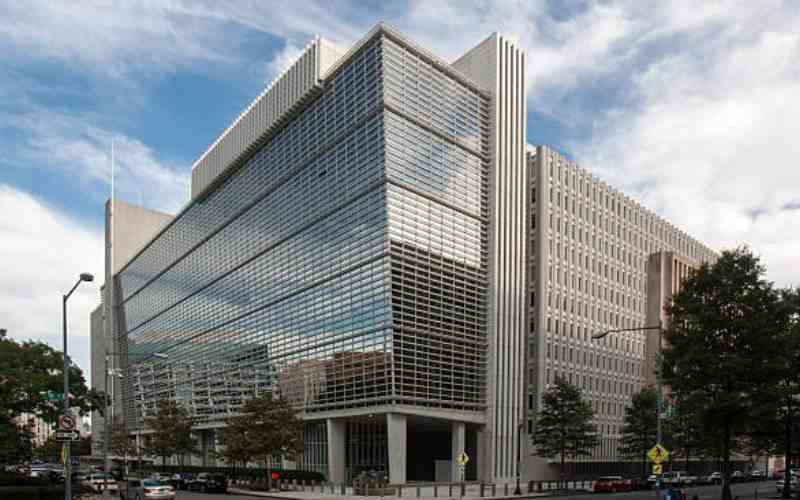×
The Standard e-Paper
Stay Informed, Even Offline

The International Monetary Fund (IMF) and World Bank insist on austerity.
Leaders, economists, intellectuals and the academia all echo the same rhetoric - that governments must cut expenditure and tighten their belts. Countries facing economic problems are supposed to take austerity measures before the Bretton Woods institution can lend them and save their currencies from collapse.